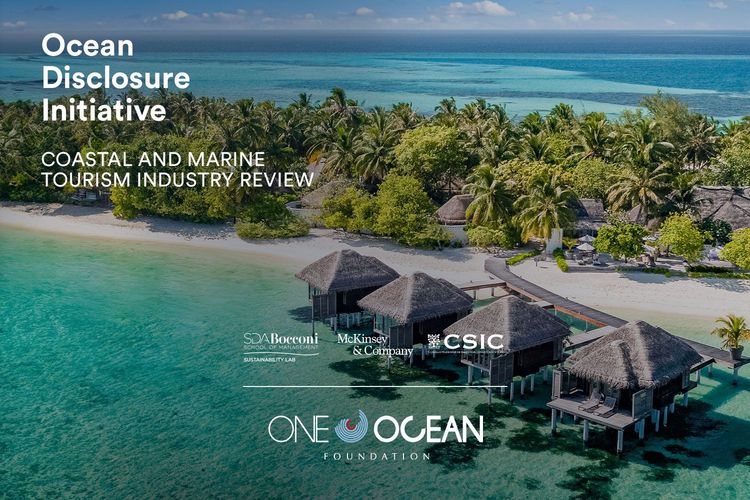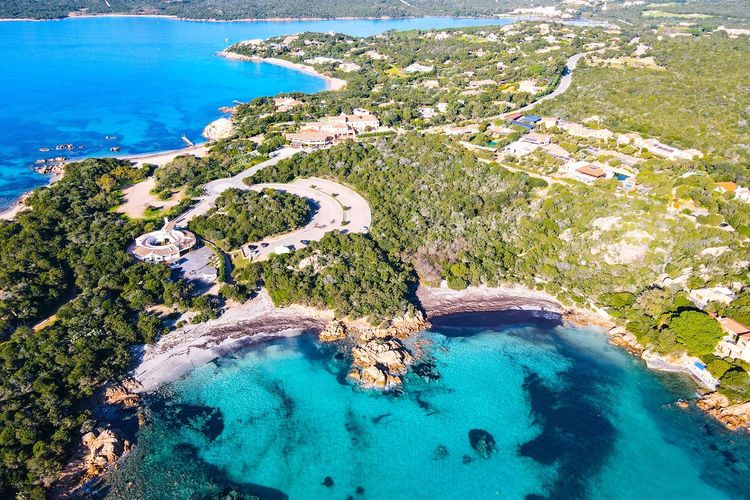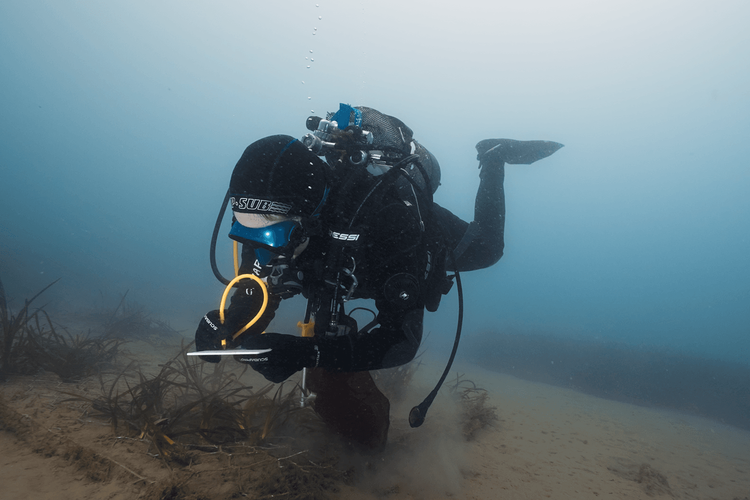
Coastal and marine areas are among the planet's most popular destinations, accounting for 50% of all global tourism and contributing 5.2 % to the global GDP. Despite a wide range of economic opportunities offered by the sector, it also poses significant environmental risks to the ocean.
In this report – conducted in the framework of the Ocean Impact Initiative - we explore the pressures of the coastal and marine tourism sector on the ocean and highlight some of the best practices to mitigate its environmental footprint.
DOWNLOAD THE REVIEW
The environmental pressures of the Coastal and Marine Tourism Industry on the ocean
A thriving ocean, abundant with diverse species and habitats, is a critical asset for coastal and marine tourism's sustainable growth. However, the current state of the sector is characterized by “self-consumption”, potentially exerting significant pressures on ecosystems.
The most significant industry pressures on the ocean are:
- Loss of biodiversity associated with:
- GHG emissions from electricity consumption;
- Habitat loss and damage due to construction of coastal infrastructure;
- Wildlife disturbance through physical damage, noise and light pollution;
- Accumulation of marine litter through improper waste disposal.
- Introduction and proliferation of non-indigenous species through accidental hitchhiking and intentional introductions by tourists;
- Depletion of fish populations and disruptions of their food webs;
- Chemical pollution due to domestic sewage and widespread use of sunscreens.
Sustainable practices to mitigate the impact of the Coastal and Marine Tourism Industry
Sustainability is now a key priority for modern travellers, with a growing number of people emphasising the importance of sustainable practices in their journeys. To meet this trend, companies can adopt good practices to reduce their environmental impact.
The potential solutions to mitigate the environmental issues are:
- Using renewable energy sources, optimising electricity use to reduce GHG emissions;
- Preserving local vegetation to minimise disruption to the surrounding environment to decrease habitat loss;
- Promoting safe and responsible diving and snorkelling to reduce disturbance to marine animals;
- Minimising single-use plastics through refillable amenities and reusable alternatives to mitigate the issue of marine waste;
Additional practices include:
- Training staff to recognize and report invasive species sightings to prevent their proliferation;
- Promoting sustainable seafood practices by involvement of artisanal fisheries or local aquaculture companies;
- Adopting advanced wastewater treatment technologies and offering eco-friendly cleaning products to reduce chemical pollution.
This review underscores the commitment of One Ocean Foundation to foster sustainable growth of the Coastal and Marine Tourism Industry while preserving our beautiful marine ecosystems.


